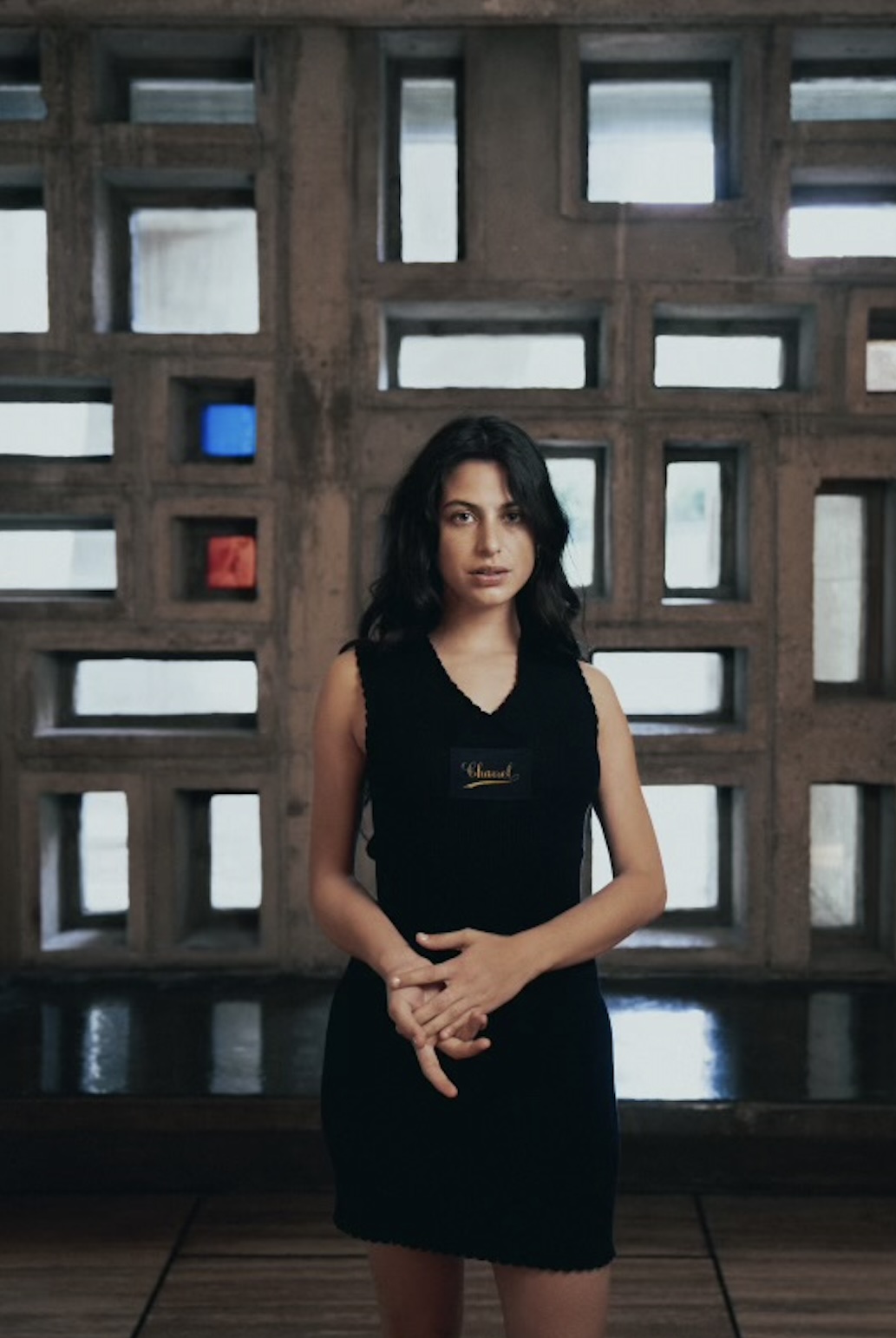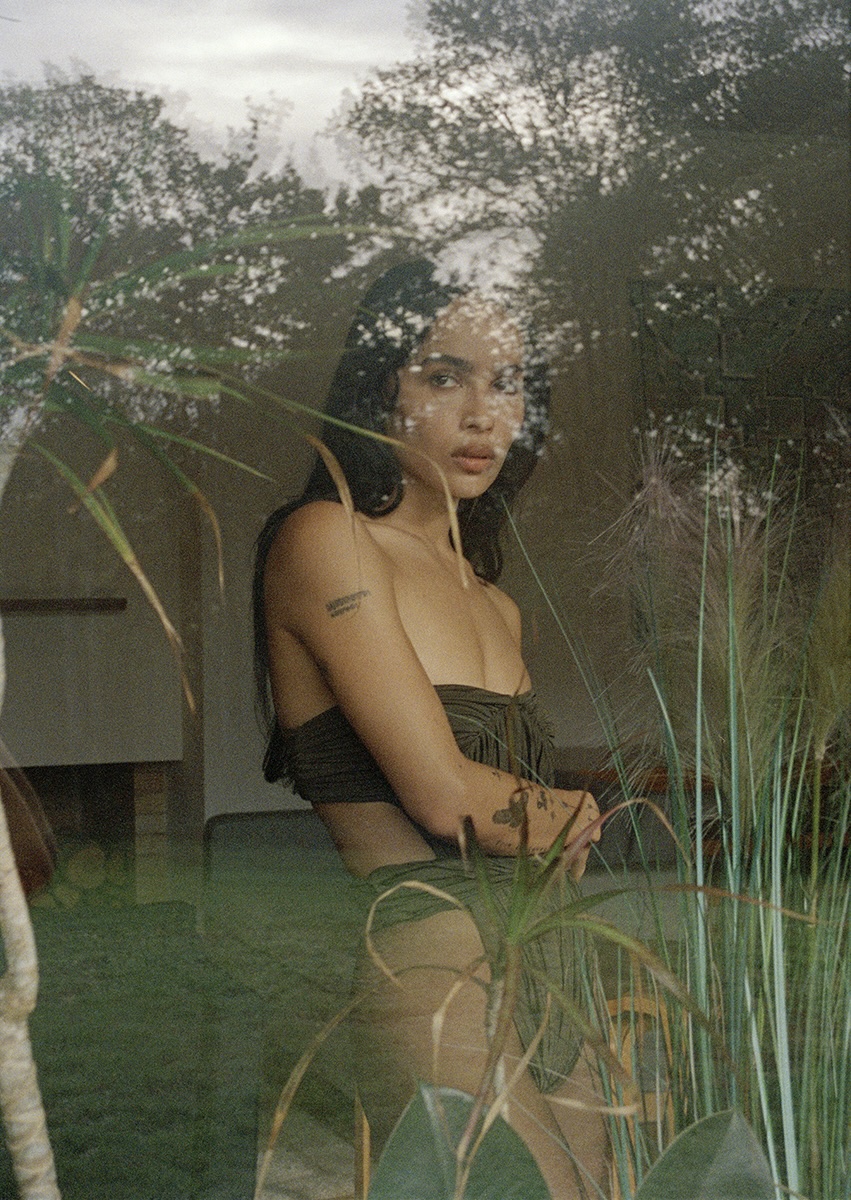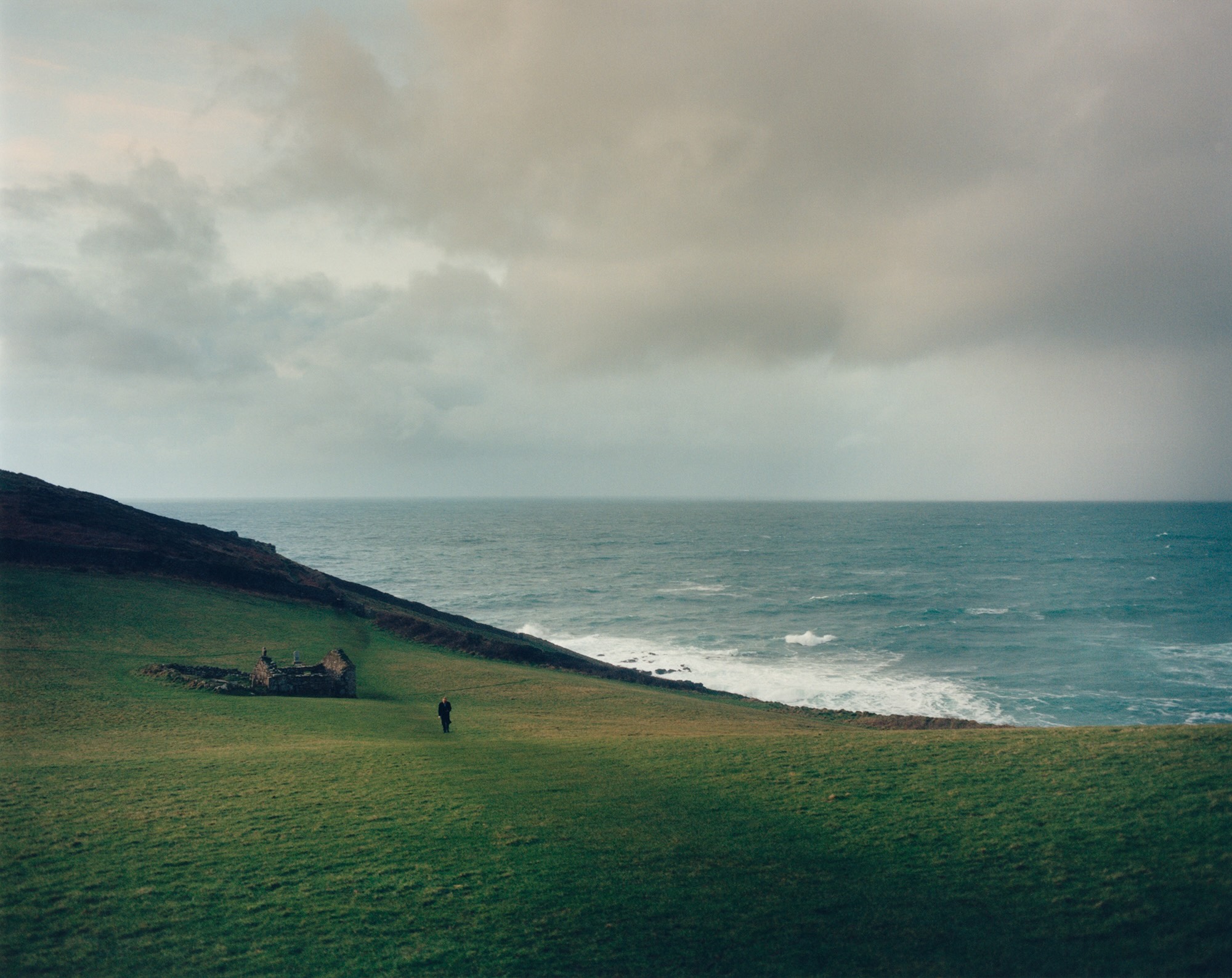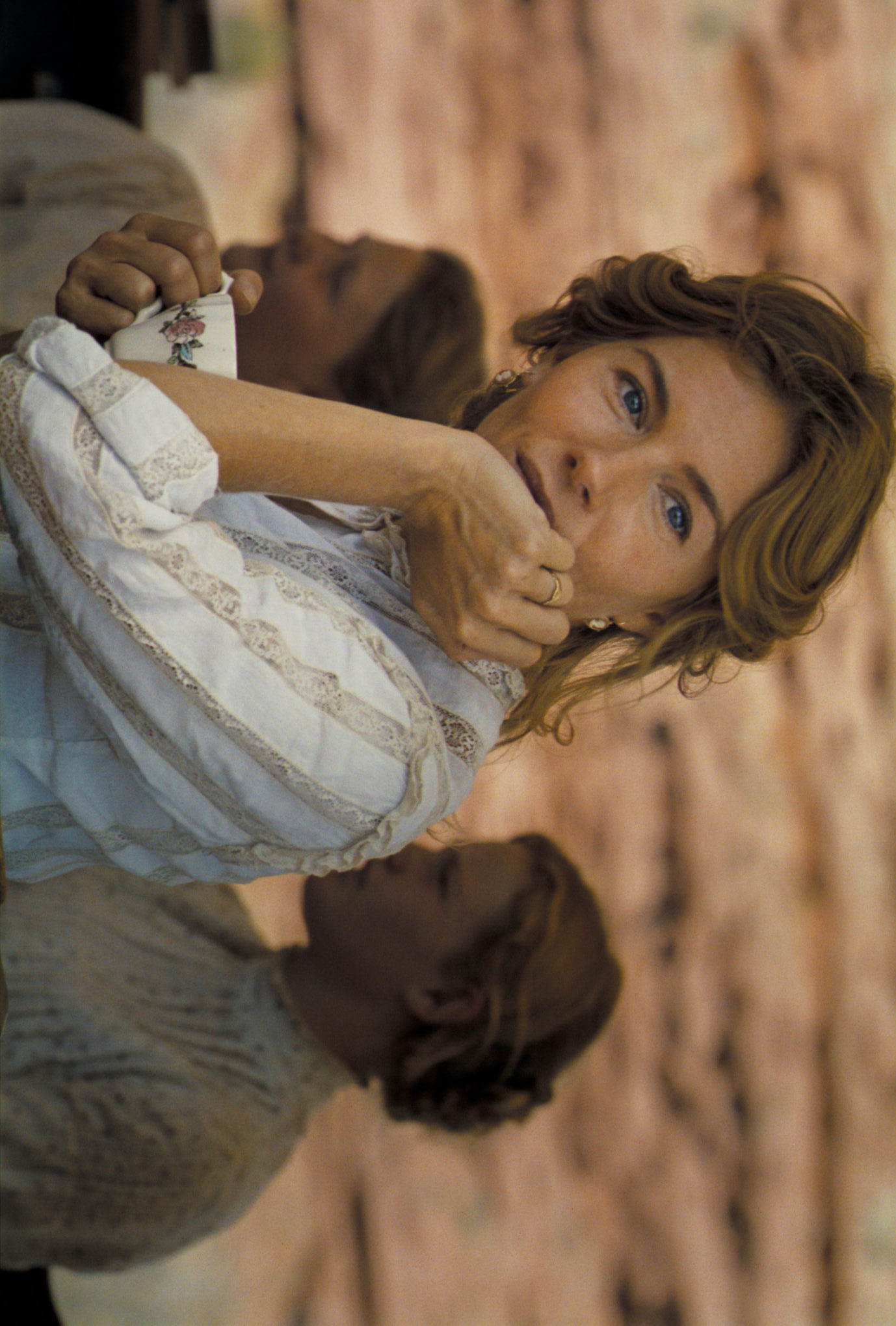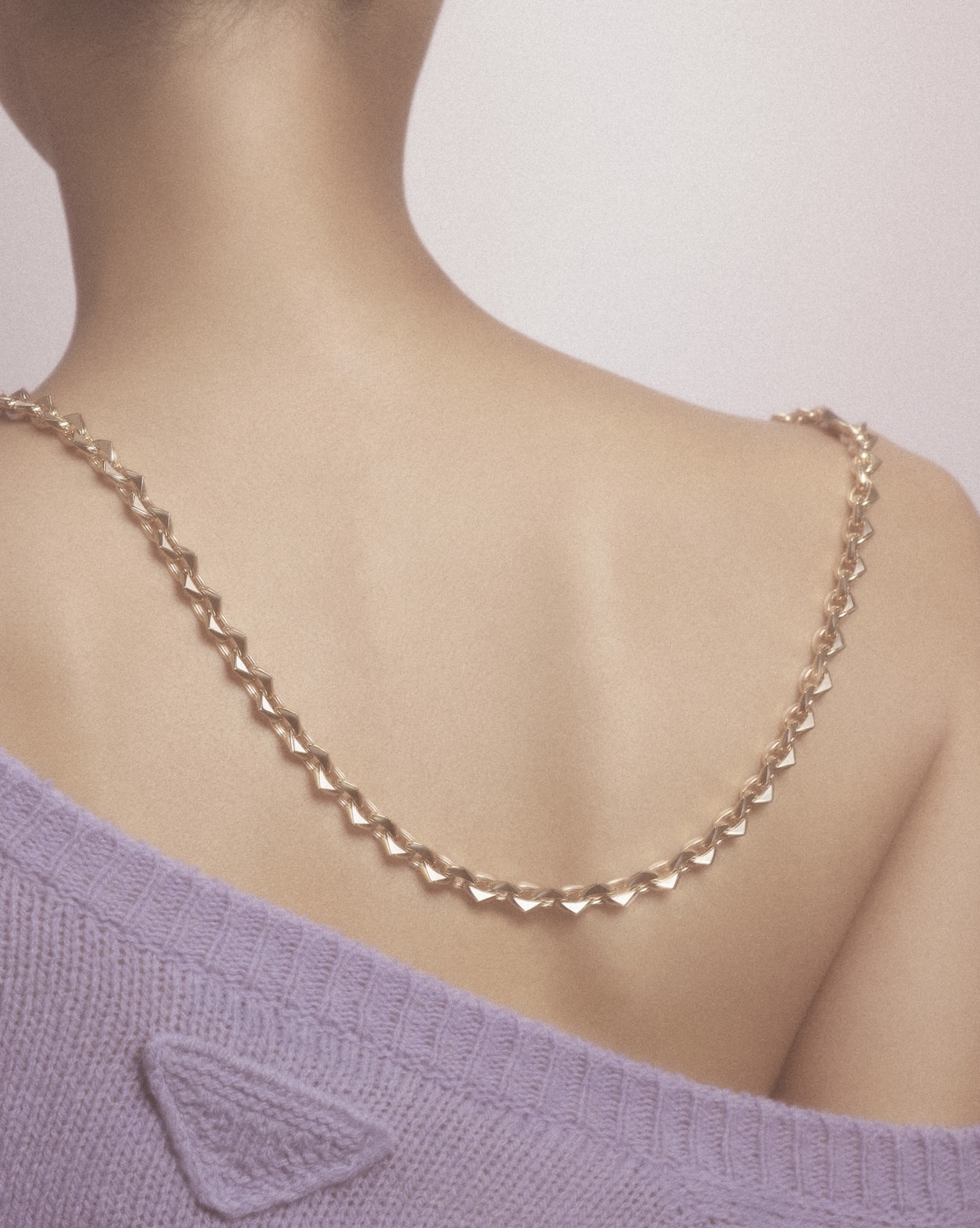Marseille, May 2nd, 2024. Chanel’s show has just closed its curtains.
FF Who is Fotinì Peluso and what are her roots?
FP I am 25 years old and I was born in Rome on January 1st, 1999. I am half Greek and half Italian, these are my roots and at the moment I live in Paris. I really like languages, the sun, and the sea. I love swimming a lot. I like to travel and, along with my passion for foreign languages, I love to participate in international projects that embrace many different cultures and mixed crews. This is a lot of fun.
FF You are among the Six Rising Stars in Italy. Who are your muses? Which figures have shaped your artistic career?
FP Monica Vitti because besides being an exceptional actress, I find that she had a great personality, charisma. A woman of great value who, in my opinion, never fit into the mechanism of success. Seeing her interviews and following her path, you realize that her love was passionate for cinema. Cinema to make cinema, not necessarily to get somewhere. Monica Vitti was a stage animal with an ability and capacity to vary, to have different approaches, very versatile and I think that is profoundly rare in an artist. The people who have shaped me in my career are those actresses who always inspire me and whom I still see acting; but also my family: the context in which I grew up is what shaped the person I am now and also my way of working and the kind of person I want to be.
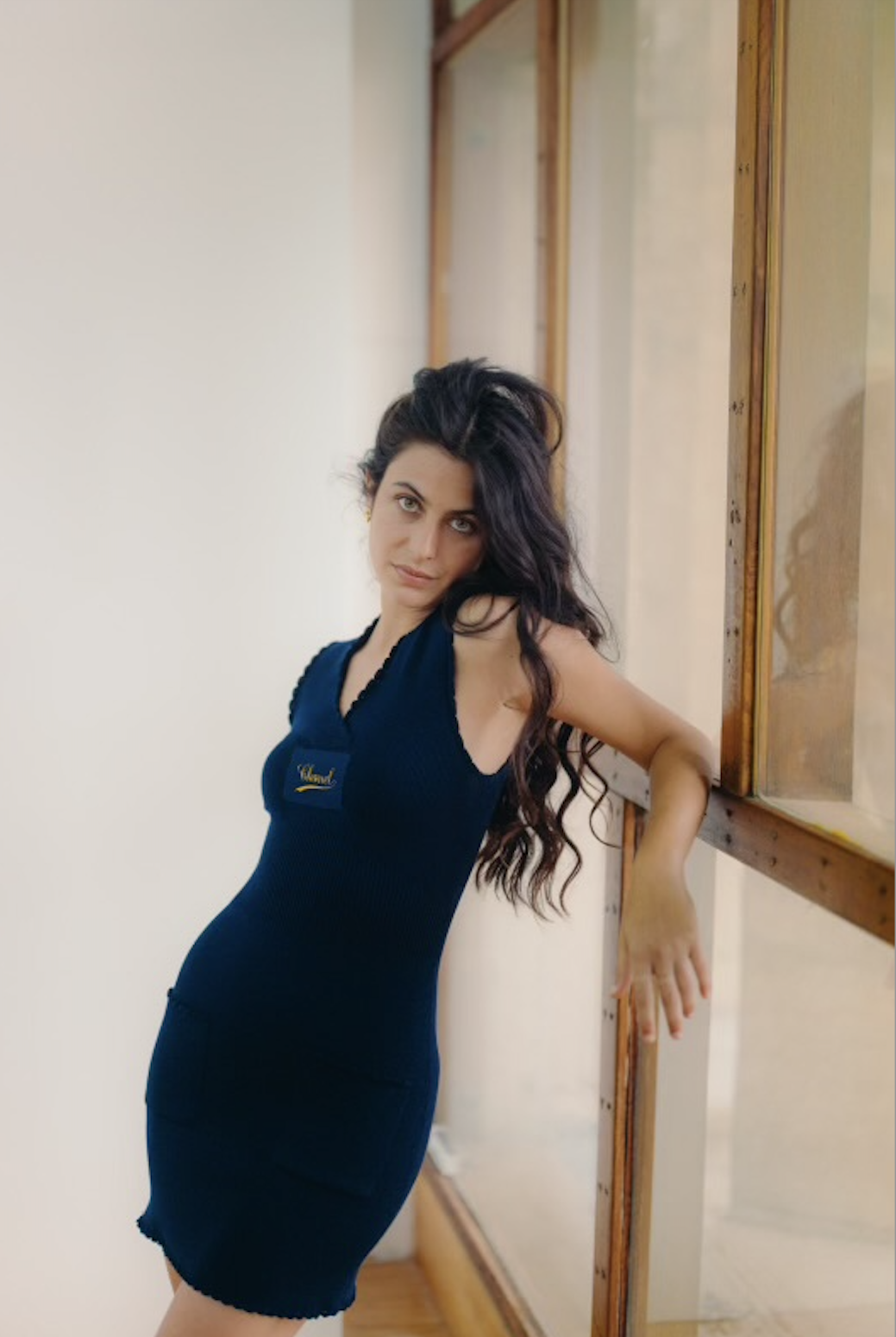
FF What was your first approach to the film industry and how has this approach changed today?
FP My first approach was somewhat playful. The first auditions, due to a series of fortunate coincidences, came somewhat by chance at the beginning. Then I realized that acting was something that I enjoyed very much and that it could be an interesting game to change personalities and dedicate myself to different characters. It remained a game for a long time. It still is, but from a certain point on, I understood that it is the job I want to do. I want to live off of this, I want to try to improve constantly in this field. You go from a more playful approach to a more professional one, an approach that implies more study and is no longer linked to basic knowledge. I need to study, and it’s an integral part of my work. Not having attended a proper film or theater school, I feel the need to study independently and nourish myself with this culture.
FF What kind of creativity do you bring inside and outside of your life when you act?
FP Creativity in life and at work, in my opinion, cannot be separated, and I believe that a mistake I made for a long time was to think very rationally about my life and then let myself go in my work. Instead, I realize that creativity is something that needs to be cultivated every day; everything you do should make you think outside the box, nourishing your work. What actors do is a system of observing others and adapting in roles and films. Our creativity goes through daily life, and all the experiences we have contribute to developing creativity at work. My wish for myself is to always remain curious and interested in different things, to be malleable and change every day.
“What actors do is a system of observing others and adapting in roles and films. Our creativity goes through daily life, and all the experiences we have contribute to developing creativity at work”.
FF What do you think are the identifying elements of Chanel, and which ones do you feel represent you the most? What strikes you the most about Virginie’s work?
FP Among the most significant elements of Chanel for me, of course, is the fact that it is a brand created by a woman for women. This is a very important value. I really appreciate how Virginie seeks to greatly respect the women around her and to create clothes that make them feel independent, autonomous, and strong, women who have their own space and place in society and also beautiful, why not. I also feel beautiful when I wear these clothes and I feel that they give me power and allow me to express myself better and to break free from conventions. On some occasions, Chanel allows me to dress in ways I would never have dared, and like all arts, fashion pushes us beyond limits. The concept of women’s empowerment permeates the entire tradition of Chanel, and Virginie is carrying this forward, renewing it every time. With each fashion show, I see how the brand renews itself and how daring it is, how much fun it has maintaining the same values but playing with nuances or other elements that come into play because we live in a world that evolves, and I find that this brand adapts to change and to today’s women. Behind every woman you see on the catwalk, there is a thought-out story, and this moves me, the fact that there is a deep inspiration behind concepts, ideas that are not just mere representations but that there is a story behind.
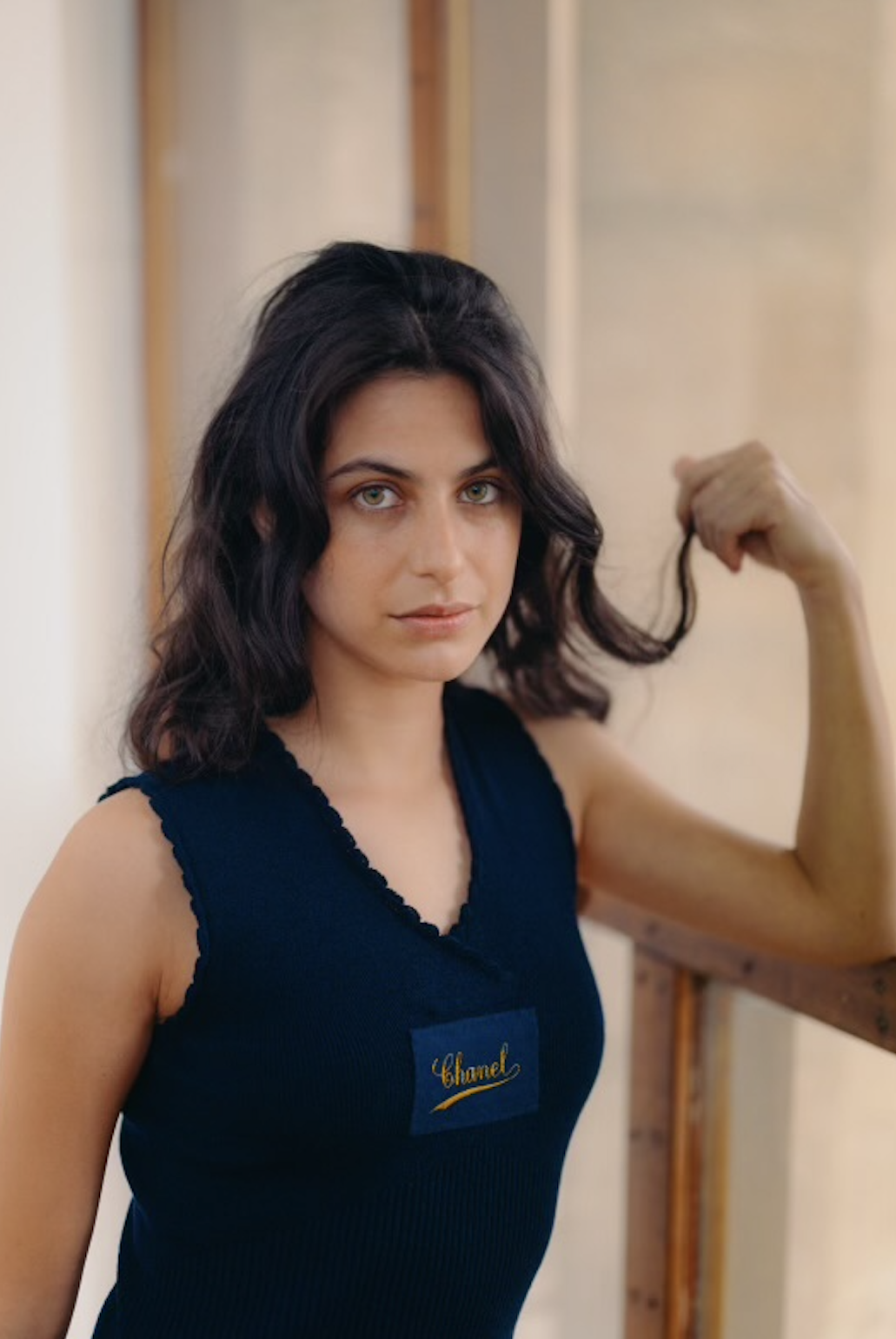
FF In 1988, Chanel established a strong bond with Marseille for the first time. What emotions did this city convey to you, especially experiencing the spaces of Le Corbusier?
FP The city of Marseille was the perfect setting for the fashion show, and everything in the show was imbued with the sea, scents, and flavors of the coast, of being at the beach. Everything evoked summer and the sea, and Marseille is a great seaside city, therefore a place of exchange because the sea becomes a means of transportation but also of encounters between people, of reaching destinations and departures. These concepts resonate with me a lot, and I find them deeply symbolic. Le Corbusier’s space, the Cité Radieuse, is Marseille: one of its greatest symbols that evokes the idea of a microcosm of perfection and life in serenity, respecting each other. A city within the city, essentially. An ecosystem on its own that collaborates and interacts with the surrounding system but at the same time has its own life.
FF The new season of Tutto Chiede Salvezza will be released soon. Tell us about the series.
FP I can’t reveal anything about the series, I’ll just say that before making it, I was scared. The first season is based on Daniele Mencarelli’s book and generally follows that, of course with revisions because it was rewritten with Francesco Bruni. I didn’t know what to expect from this second season, I didn’t know what the result would be, and the basic concept of the book had been exhausted in the first season. Instead, I find that, in line with the initial idea, a story equally as exciting as the first season has emerged from the collaboration between Daniele Mencarelli and Francesco Bruni. In this case, the focus is more on the interpersonal relationships between the characters, with mental discomfort as a pervasive theme throughout the series. In this case, you see how to move forward, what happens next, and I found it extremely interesting. I had a lot of fun shooting it, even more than the first season. I loved the development of my character, how she struggles with others and with herself to overcome discomfort and become another person, and you can see a big difference between Nina from the first season and this one, with her vulnerabilities and ups and downs. You can see the growth of this girl.
